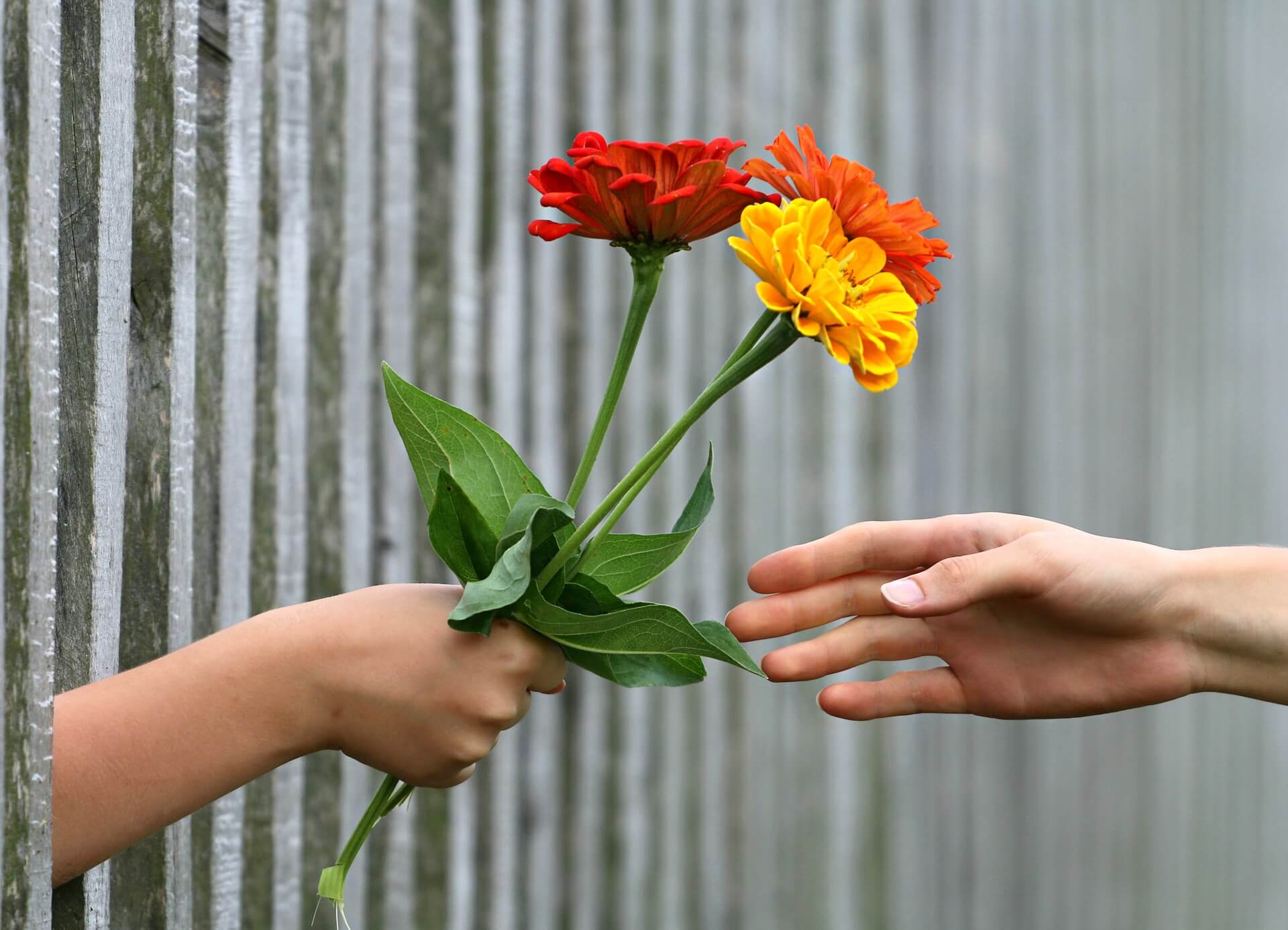Five Tips to Cultivate Gratitude in Children
In the consumerist world we inhabit, it is easy for children to acquire an attitude of entitlement, believing that they ‘deserve’ to have whatever possessions they desire. This is harmful because it detracts from the basic concept of working to achieve something and taking the time to value and appreciate the things, people and privileges we already have.
Entitled kids can get obsessed with comparing themselves to others and wanting more and more in order to feel ‘happier’ or simply to ‘fit in’. And while every parent of course loves their kids and wants to give them the world, it is paramount to learn to say ‘no’ to them, even when it appears like “every other child” gets “everything they want”.
According to research by the Greater Good Science Center at the University of California, Berkeley, “people who practice gratitude feel considerably happier (25%) than those in a control group; they are more joyful, enthusiastic, interested, and determined.”
So here are five simple ways that you can embrace gratitude in order to raise young people who are selfless, generous, and appreciative, qualities that make them better equipped to lead fulfilling lives.
Be a consciously grateful parent
 In our busy lives, we often allow our frustrations, little and large, to get the better of us. This results in a lot of
In our busy lives, we often allow our frustrations, little and large, to get the better of us. This results in a lot of
unconscious complaining and fretting, whether it’s about work, traffic, other people, the government, anything at all. If we are constantly focussed on what is lacking in our lives or the world at large, our children internalise this negativity and find things of their own to complain about. That is why it’s crucial to consciously embrace gratitude in your day-to-day life. For instance, the next time you’re stuck in traffic, talk about how thankful you are to be going wherever it is you’re headed, or discuss the positive things that happened that day or week. Find things around you to appreciate, whether it’s a beautiful tree or an interesting billboard. Shifting attention from the negative to the positive works wonders in creating a sense of appreciation about things that are otherwise taken for granted or ignored. Whenever possible, be vocal about the experiences, people and feelings that you are grateful for, and encourage your children to do the same. And of course, remember to say ‘Thank You’, to other people, whether it’s for information, assistance or service. Children are keen observers and will model your behaviour, so set a good example by being a consciously grateful parent every single day.
Limit the material ‘stuff’ in your lives
In our capitalist society, there is no end to the things that money can buy. But excessive spending on material possessions creates the need for more and more. Before going shopping, set limits and expectations for your child to follow. Discuss the usefulness or necessity of objects before purchasing, and be firm whenever you say ‘no’ to them. If your home is already cluttered with lots of possessions, why not clear out or give away whatever is no longer useful, required or cherished? This will also teach your children the art of decluttering and maintaining a functional space. Moreover, research has proven that it is experiences which frequently bring more joy than possessions, so why not spend your time, energy and money seeking out unique experiences that you can share with your children. This has the invaluable added benefit of strengthening the bond you share and giving you memories for a lifetime.
Remember to enjoy the simple little pleasures
When it comes to experiences, it has been rightly said that some of the best things in life are free. It’s just that we tend to forget what exactly these things are in the humdrum of the hectic lives we lead. Set aside time each week to enjoy some simple pleasures like playing, cuddling, spending time in the nearest park, rereading favourite stories, making art with whatever supplies are on hand, or anything else that is easily available and pleasurable for your child and you. Talk with your children about what they really love doing and create time and space in your lives for those activities or experiences. Whatever you choose, do remember to express gratitude for the joy it brings.
the best things in life are free. It’s just that we tend to forget what exactly these things are in the humdrum of the hectic lives we lead. Set aside time each week to enjoy some simple pleasures like playing, cuddling, spending time in the nearest park, rereading favourite stories, making art with whatever supplies are on hand, or anything else that is easily available and pleasurable for your child and you. Talk with your children about what they really love doing and create time and space in your lives for those activities or experiences. Whatever you choose, do remember to express gratitude for the joy it brings.
Keep a gratitude journal or scrapbook
Writing down or collecting pictures of things that you are grateful for can be both fun and inherently rewarding. Together with your child, click pictures of things that you are grateful for or cut out similar images from magazines and use them to make collage or other kinds of art work. Keep a special gratitude book where you can write or doodle about everything you are thankful for, and make it a habit to work on this book every day or at least every other day. Get creative with the ways in which you express thanks and it will work wonders in fostering a positive attitude of appreciation in your children.
Encourage giving / volunteering
Giving does not need to be of the material kind. Encourage your child to volunteer their time or skills without expectations of a material reward. Spending time volunteering for any kind of event or organisation can help them recognise the internal fulfilmen t that comes from helping out for a cause they care about. For instance, if your child loves pets, why not arrange for them to volunteer time at an animal rescue centre? Encourage them to make simple gifts rather than always purchasing things from the store. Making a card or writing a letter for someone are great ways to teach children that gifts need not always be material and are in fact more meaningful when effort is put into creating them. Above all, remember to appreciate your child’s efforts and value the things, experiences, and memories they give you. We all feel bogged down by life from time to time, but things get so much easier when we remember to literally and vocally count our blessings every single day.
t that comes from helping out for a cause they care about. For instance, if your child loves pets, why not arrange for them to volunteer time at an animal rescue centre? Encourage them to make simple gifts rather than always purchasing things from the store. Making a card or writing a letter for someone are great ways to teach children that gifts need not always be material and are in fact more meaningful when effort is put into creating them. Above all, remember to appreciate your child’s efforts and value the things, experiences, and memories they give you. We all feel bogged down by life from time to time, but things get so much easier when we remember to literally and vocally count our blessings every single day.
If you would like to read more about the benefits of gratitude and how to imbibe this virtue in your children, we recommend the book Raising Grateful Kids in an Entitled World by Kristen Welch




